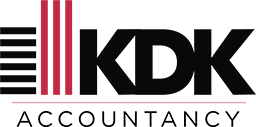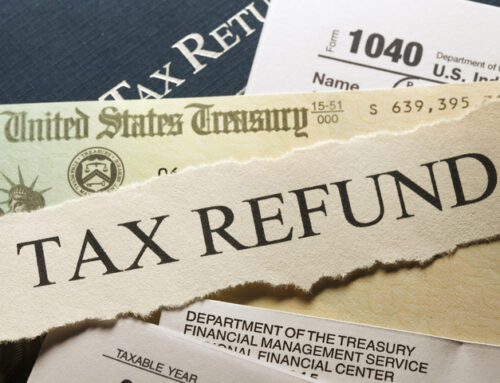For business owners across this great Country, there’s one thing for certain… we’ve had to get creative when it comes to navigating these uncharted and turbulent waters over the last 12 months. As a small business owner in general, you may often be pulling off complex balancing acts with your budget, and often it can be difficult to cover all of your expenses and still have resources for expansion and innovation.
Boosting your budgeting game can make all the difference. Not sure where to start in 2021? Rest assured, these top tips from our team of financial experts is a great place to start.
1. Create a Budget
The most important step of budgeting is having an actual budget from the start. Business owners often treat budgeting as the accounting process for resolving cash flow issues. Proper budgeting can prevent cash flow shortages.
2. Plan for Tax Breaks
Don’t you just hate it when you make it to the next year, start filing your taxes and find out about breaks you failed to take advantage of?
Know what your tax break opportunities are at the start of the year, so you can take appropriate steps to cash in.
3. Automate the Process
The more time you spend on manually tracking cash flow, the less time you have to spend on value-adding aspects of your business.
Pick a trusted software for tracking cash flow and storing receipts. Note that your business bank might provide one.
4. Know Your Sales Cycle
Every business has a slow period, even when it is not a seasonal business. To account for this, use extra money from periods with higher sales volumes to cover your bills.
Check records for three to five years back to see what months or quarters consistently generate less income.
5. Distinguish Investments From Expenses
Not every expense adds value to your business. Track the ROI on your past expenses to see which ones do. As a general rule, labor costs and equipment upgrades count as investments. Even so, investments have higher ROI when the initial cost is lower, so budget accordingly.
6. Have a Contingency Plan
What will you do if your busy period does not turn out to be as busy as planned because of factors outside of your control? How will you cover overhead costs?
Overestimate costs by a little and have a contingency plan in place.
7. Pay Down Debt
Monthly debt and the accompanying interest can eat into a business’s finances. Consider using a portion of excess cash to pay this down. The sooner you pay, the lower the interest, but the higher the risk.
Consider the pros and cons of waiting until the end of the year to use excess cash.
Partner With Orlando’s Best Small Business Focused CPA
Budgeting is one of the most important aspects of optimizing cash flow. At KDK Accountancy, we help small businesses free up cash, take advantage of tax breaks and prepare for the next quarter.
Schedule your free consultation with our award-winning accounting firm to find out how. Call (407) 759-5363 today!






